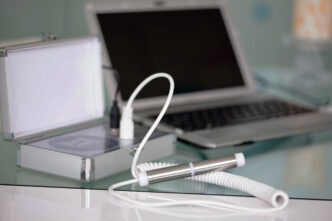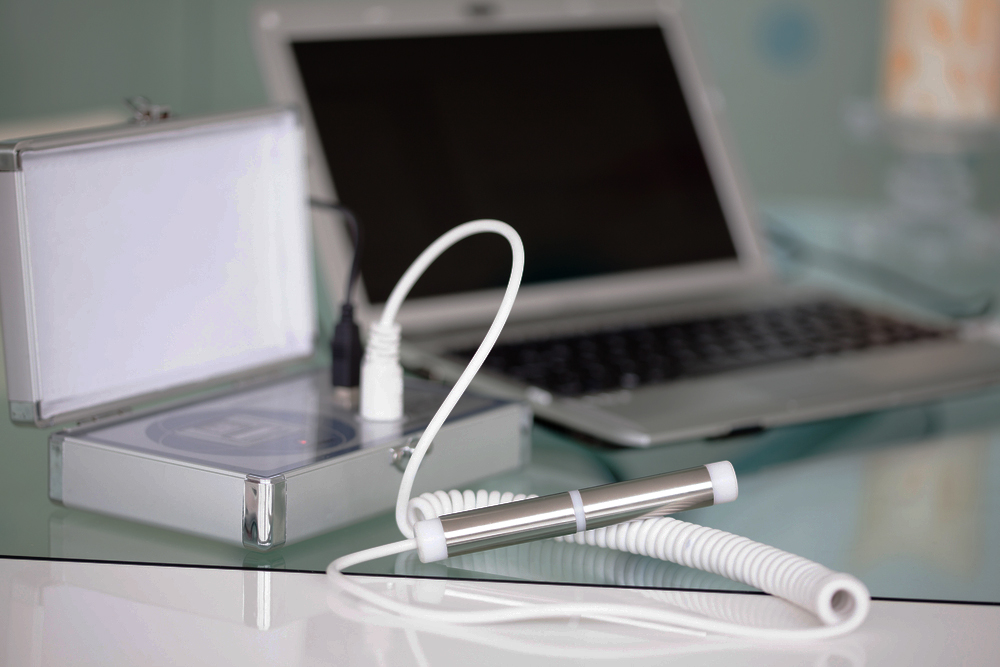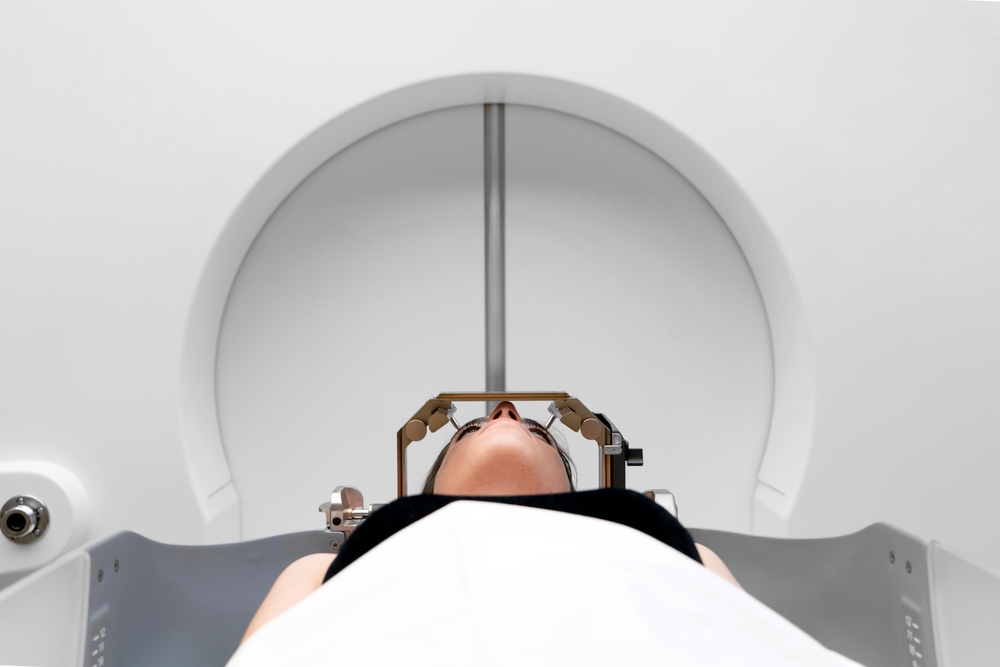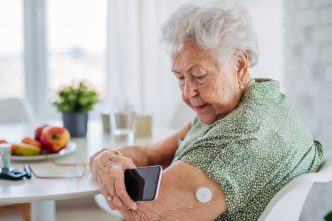Quantum computing and quantum machine learning are set to revolutionize healthcare, from faster drug discovery to more precise diagnostics. But not every “quantum” gadget lives up to the hype. Some, like home QRMA devices, are stated to be outright pseudoscience.
WORDS LIM TECK CHOON
QUANTUM COMPUTING IS THE REAL DEAL IN HEALTHCARE
Quantum computing uses the rules of quantum mechanics to process information in ways classical computers cannot.
Quantum Mechanics?
- Quantum mechanics is the science of how very tiny particles such as atoms and the components within an atom behave.
- These particles can be in two states at once — wave-like and particle-like — like a light switch being both on and off.
- The behaviour of these very tiny particles does not follow conventional laws of physics, but this is a good thing, as it means that machines operating on quantum mechanics can juggle many possibilities at the same time.
- This ability to juggle so many possibilities makes these devices powerful for solving certain big, complex problems such as analyzing medical data or simulating molecules.
In healthcare, use of quantum machines therefore can lead to:
- Smarter analysis of massive datasets
- More personalized treatments
- Faster, more efficient clinical trials
Quantum machine learning algorithms can uncover hidden patterns in biological data, which is very useful for drug discovery and more accurate disease predictions.
This Is the Real Deal
- Studies have shown that applications in quantum-enhanced imaging, secure handling of medical data, and simulations of molecular interactions are crucial for drug development.
- While most of these advancements are still in research labs or specialized clinics, the evidence points to a future where quantum computing improves diagnostics, imaging, drug discovery, and decision-making — though hardware and scalability challenges remain.
HOWEVER, QUANTUM RESONANCE MAGNETIC ANALYZERS (QRMA) IS PURE HYPE
Sold as home test kits, QRMA claims to diagnose health conditions by reading your body’s “quantum resonance” through magnetic signals.
Sounds Flashy, but Science Disagrees
- Scientific tests show that QRMA devices have no real mechanism to measure health parameters.
- Controlled studies reveal that QRMA results do not match actual clinical tests.
- These devices can be fooled by simple objects like wet clothes or resistors, therefore showing that their results are essentially random.
Experts widely dismiss QRMA devices as pseudoscientific.
- Manufacture, use, and sales of QRMA are unregulated.
- Health claims are unsupported by credible evidence.
- No official medical guidelines endorse the use of QRMA results to guide any medical decisions.
THE BOTTOM LINE
Quantum computing and quantum machine learning hold real promise to transform healthcare.
However, flashy home gadgets claiming “quantum diagnostics” are not part of that future — they are just hype without the science to back it up!
| This article is part of our series of articles that take a closer look at medical innovations and gadgets. |
References:
- Marengo, A., & Santamato, V. (2025). Quantum algorithms and complexity in healthcare applications: a systematic review with machine learning-optimized analysis. Frontiers in Computer Science, 7. https://doi.org/10.3389/fcomp.2025.1584114
- Fairburn, S. C., Jehi, L., Bicknell, B. T., Wilkes, B. G., & Panuganti, B. (2025). Applications of quantum computing in clinical care. Frontiers in Medicine, 12. https://doi.org/10.3389/fmed.2025.1573016
- Neuroskeptic. (2015, January 31). Does quantum resonance spectrometry work? Discover Magazine. https://www.discovermagazine.com/does-quantum-resonance-spectrometry-work-188












